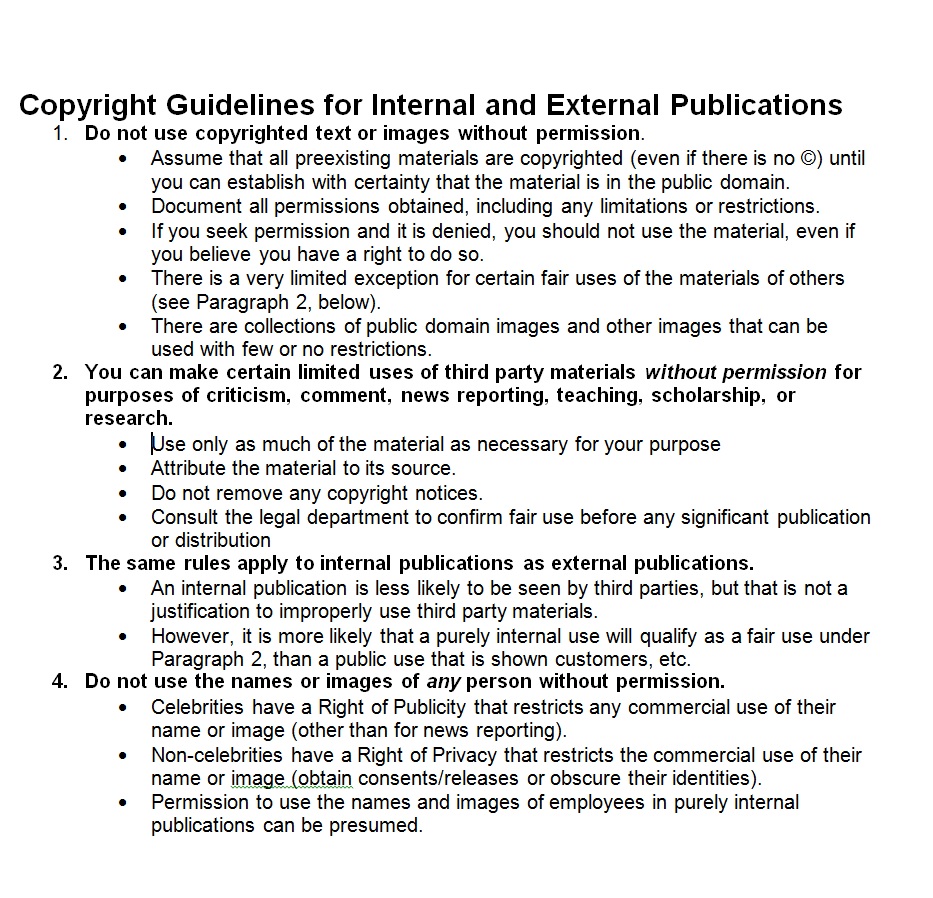In Waymo LLC v. Uber Technologies, Inc., [2017-2130] (September 13, 2017), the Federal Circuit affirmed the district court decision that Uber Technologies, Ottomotto LLC, and Otto Trucking LLC could not compel Way merely because they Waymo was arbitrating a related dispute with Levandowski, who did have an arbitration agreement with Waymo.
The Federal Circuit said that Contract law principles hold that non-parties to a contract
are generally not bound by the contract, and a contract to arbitrate is not an exception. A party cannot be required to submit to arbitration any dispute which it has not agreed so to submit. The Federal Circuit noted that the California courts have, in a few situations, compelled arbitration against an entity that was not a party to an arbitration agreement. The Federal Circuit said that the issue was whether the circumstances are such that Waymo can be compelled to arbitrate on equitable grounds, in Waymo’s suit against Uber, Ottomotto, and Otto Trucking, where there is no agreement to arbitrate. The district court concluded that it could not, noting that Waymo had disclaimed reliance on the contracts with the employee, and Waymo need not rely on the terms of its written agreements merely because it makes reference to such agreements.
The Federal Circuit said that while equitable doctrines permit departure from the principle that non-parties cannot be compelled to arbitrate, when necessary to avoid
inequity, California precedent guides that unless the issues of the complaint are intimately intertwined with the non-party agreement containing an arbitration clause,
compulsion to arbitrate is inappropriate. The Federal Circuit concluded that the district court correctly concluded that arbitration should not be compelled.


